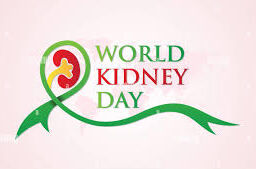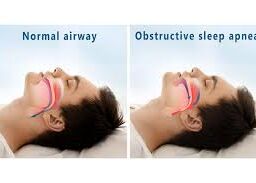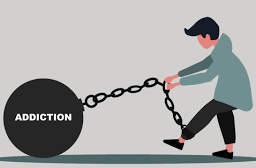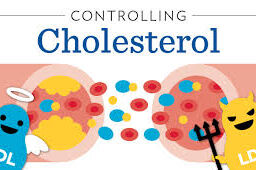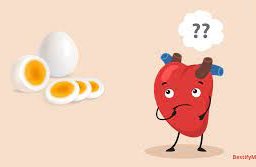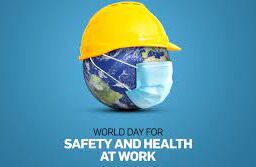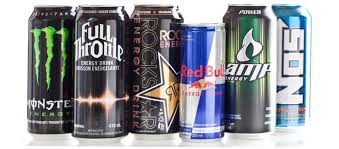
Energy Drinks Benefits and Athletic Performance: Can They Improve Endurance?
Energy drinks have surged in popularity, offering a quick energy boost to consumers. But are they truly beneficial? Let’s delve into the world of energy drinks, exploring their pros, cons, and potential health risks to help you make informed choices about their consumption.
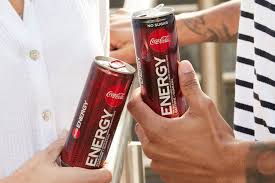
Energy drinks have become increasingly popular in recent years, with many people turning to them for a quick boost of energy. However, there are concerns about the safety and effectiveness of these drinks. They are beverages that typically contain high levels of caffeine, sugar, and other stimulants that are designed to provide a quick boost of energy. These drinks are marketed as a way to enhance performance, increase alertness, and improve mental focus.
The Pros of Energy Drinks
One of the main benefits of these beverages is that they can provide a quick boost of energy. This can be especially useful for people who need to stay alert and focused for extended periods, such as students studying for exams or workers pulling long shifts. They typically contain caffeine, which is a stimulant that can help improve mental alertness and physical performance.
Another benefit is that they can be a convenient way to get a quick energy boost. Unlike coffee or tea, which require time to brew, energy drinks can be consumed quickly and easily. They are also widely available, with many convenience stores and gas stations carrying them.
The Cons of Energy Drinks
Despite their benefits, there are also several concerns about the safety and effectiveness of energy drinks. One major concern is that they can be high in sugar and calories, which can contribute to weight gain and other health problems. Additionally, some drinks contain high levels of caffeine, which can cause jitters, anxiety, and other side effects.
Another concern is that they can be addictive. Because they provide a quick burst of energy, some people may become reliant on them to get through the day. This can lead to a cycle of dependence and withdrawal, which can be difficult to break.
While energy drinks can provide a short-term energy boost, there are several potential health risks associated with their consumption, especially in excessive amounts or in combination with alcohol or other drugs. Some of these risks include:
- Blood Pressure: They can cause an increase in heart rate and blood pressure, which can be dangerous for people with pre-existing heart conditions.
- Dehydration: They can cause dehydration due to their high caffeine and sugar content, which can lead to headaches, fatigue, and other health problems.
- Insomnia and Sleep Disorders: The high caffeine content can disrupt sleep patterns and lead to insomnia and other sleep disorders.
- Increased Risk Of Alcohol-Related Injuries: Mixing energy drinks with alcohol can lead to increased risk of accidents and injuries, as the stimulant effects can mask the depressant effects of alcohol.
It is important to consume these drinks in moderation and be aware of the potential risks associated with their consumption. In general, it is recommended to get energy from natural sources such as a balanced diet and regular exercise rather than relying on stimulant beverages.
Making an Informed Decision
If you are considering using energy drinks, it is important to weigh the pros and cons carefully. Consider your own needs and lifestyle, as well as any health concerns you may have. If you do decide to use them, be sure to do so in moderation and follow the recommended guidelines for use.
In conclusion, energy drinks can provide a quick and convenient way to get a boost of energy. However, they also come with several concerns about safety and effectiveness. By weighing the pros and cons carefully and making an informed decision, you can determine whether these drinks are right for you.
Disclaimer: The information provided in this content is for general informational purposes only. It is not intended as medical or healthcare advice, diagnosis, or treatment. Always seek the advice of a qualified healthcare professional with any questions you may have regarding a medical condition or healthcare decisions.



